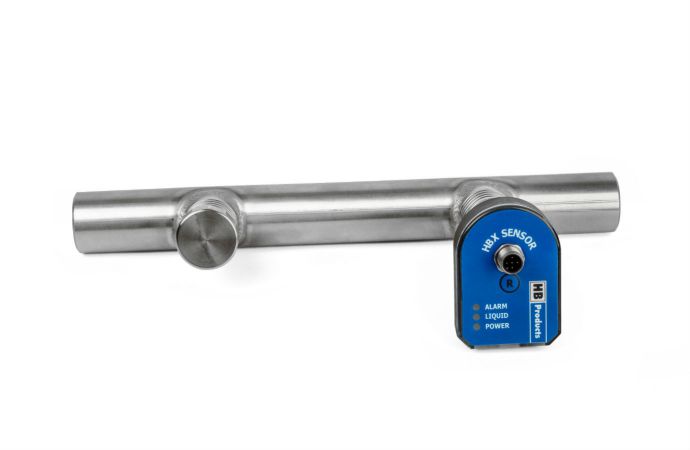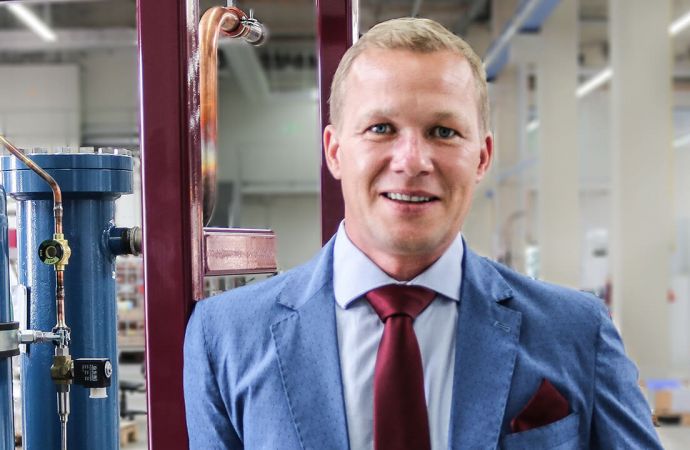HB Products wants a third party to verify results of a test of its Vapor Quality Sensor.

HB Products' HBX-DX-Inline Vapor Quality Sensor
Danish manufacturer HB Products has announced that Ghent University in Belgium will perform several tests on the company’s Vapor Quality Sensor, designed to optimize evaporator control and eliminate super heat.
HB Products has tested the Vapor Quality Sensor on a transcritical CO2 refrigeration system and compared the results with a system controlled by a conventional super heat controller.
“With a system controlled by a Vapor Quality Sensor it is possible to raise the suction pressure with 8K and save up to 20% energy compared with a system with conventional super heat control,” said Michael Elstrøm, Director & Technical Manager at HB Products, in a statement.
To get a third-party verification of the results, HB Products is collaborating with Ghent University.
“We have chosen Ghent University as our academic partner because it is a top-100 university with excellent laboratory facilities, and because they have many years of experience in using and applying the capacitive measurement principle in their research,” said Elstrøm. “We have great confidence in their professional way of doing research and we are looking forward to receiving the report.”
New design
HB Products also announced that it has a new design optimized for measuring both high and low Vapor Quality (VQ); these next-generation VQ sensors measure from ”X” wet 0.2 to dry 1.0. The new sensor design is also less influenced by oil accumulation during low load.
HB Products launched the HBX Vapor Quality Sensor at the Chillventa trade show in Nuremberg, Germany, in 2018.. “We have great interest in the product, and our customers are extremely satisfied and can clearly see the potential in the Vapor Quality Sensor,” said Claus Munkholm, Sales Manager at HB Products.
In its announcement, HB Products explained that energy-efficient systems are normally designed and constructed as “overfeed” systems, where the circulated refrigerant rate is normally is up to three times higher than that of a direct expansion system,. The Vapor Quality Sensor, the company said, allows the use of a semi-flooded operation with a simpler system design.
“This means that you can get even better efficiency at a lower cost and with a significant lower refrigerant charge,” the company said. “Superheat can be eliminated, and evaporator capacity will be increased because of semi-flooded operation, where the whole evaporator area is utilized for evaporation.”
“With a system controlled by a Vapor Quality Sensor it is possible to raise the suction pressure with 8K and save up to 20% energy compared with a system with conventional super heat control,” said Michael Elstrøm
With a system controlled by a Vapor Quality Sensor, it is possible to raise the suction pressure with 8K and save up to 20% energy compared with a system with conventional super heat control."
– Michael Elstrøm, HB Products
Related stories



